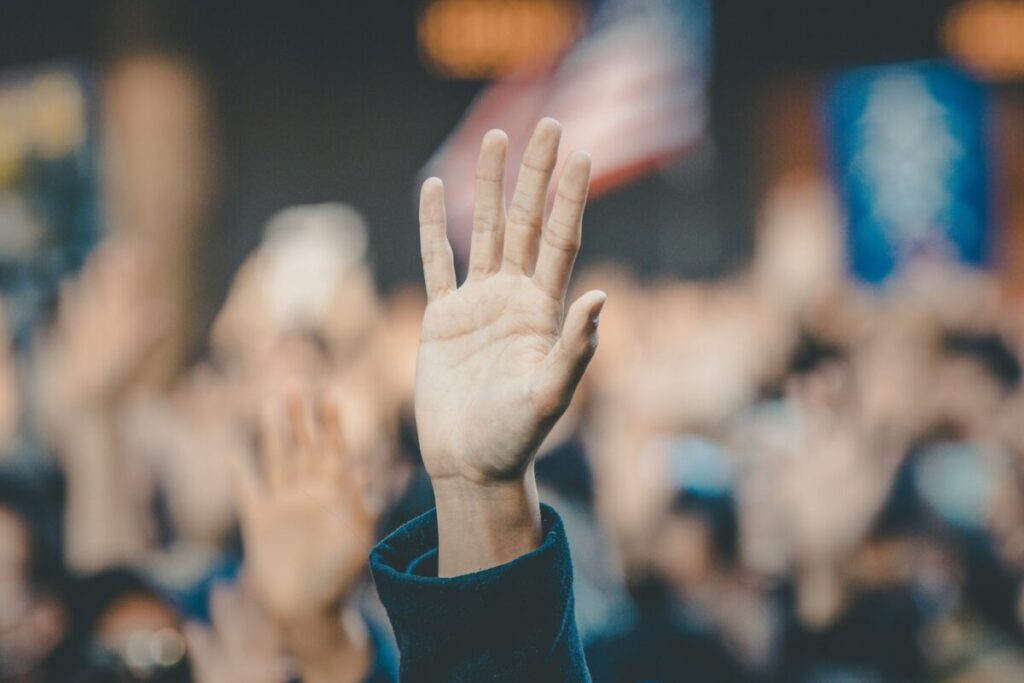During Men’s Health Awareness Week in August 2024, a powerful shift in focus occurred as mental health became the centerpiece of discussions. With growing recognition of the stigma that prevents men from seeking help for mental health issues, organizations like the National Institute of Mental Health (NIMH) led impactful public health campaigns across major cities in the United States to raise awareness about the importance of mental wellness for men.
A key aspect of the campaign was its focus on challenging the longstanding social stigma surrounding mental health, especially among men. For many men, particularly in Western societies, there has been a cultural conditioning that associates vulnerability with weakness. This societal pressure has resulted in disproportionately high rates of depression, anxiety, and suicide among men, despite the fact that they are less likely to seek help compared to women. According to the American Psychological Association (APA), men are four times more likely to die by suicide than women, with the significant disparity largely due to men’s reluctance to access mental health care.
The public service campaigns launched during this week were multifaceted, utilizing social media platforms, offering mental health screenings at workplaces, and hosting high-profile panel discussions with mental health experts and public figures. One of the most poignant moments came when actor and mental health advocate John Stewart shared his personal struggles with mental health, encouraging other men to open up about their own challenges. His vulnerability and advocacy played a pivotal role in dismantling outdated stereotypes about male mental health, sending a clear message that seeking help is a sign of strength, not weakness.
The ripple effects of this awareness campaign have been profound. Recent surveys show a notable increase in men’s willingness to discuss their mental health openly. Many men now report feeling more comfortable reaching out for help and support, a shift that has been reflected in national helplines, which have seen a steady rise in calls from men seeking therapy or counseling. Businesses have also begun to prioritize mental health, with an increasing number of companies incorporating mental health policies into their employee wellness programs. These policies include offering mental health resources and paid time off to support employees who are struggling, further reflecting the societal shift towards prioritizing mental wellness.
In addition to raising awareness, the campaign has sparked significant changes in how mental health services are delivered to men. One of the most notable developments has been the rise of teletherapy services and mental health apps, making therapy more accessible and convenient for men who may have previously been hesitant to seek help. As the stigma surrounding male mental health continues to decrease, men are increasingly taking charge of their mental wellness, engaging with mental health care in ways that were once rare.
The success of Men’s Health Awareness Week and its focus on mental health marks a turning point in how men approach mental well-being. The campaign’s long-lasting effects are clear: men are no longer staying silent about their mental health struggles, and society is beginning to recognize the importance of supporting men in their emotional and psychological health. As awareness continues to grow and the stigma fades, the future for men’s mental health looks increasingly brighter.


